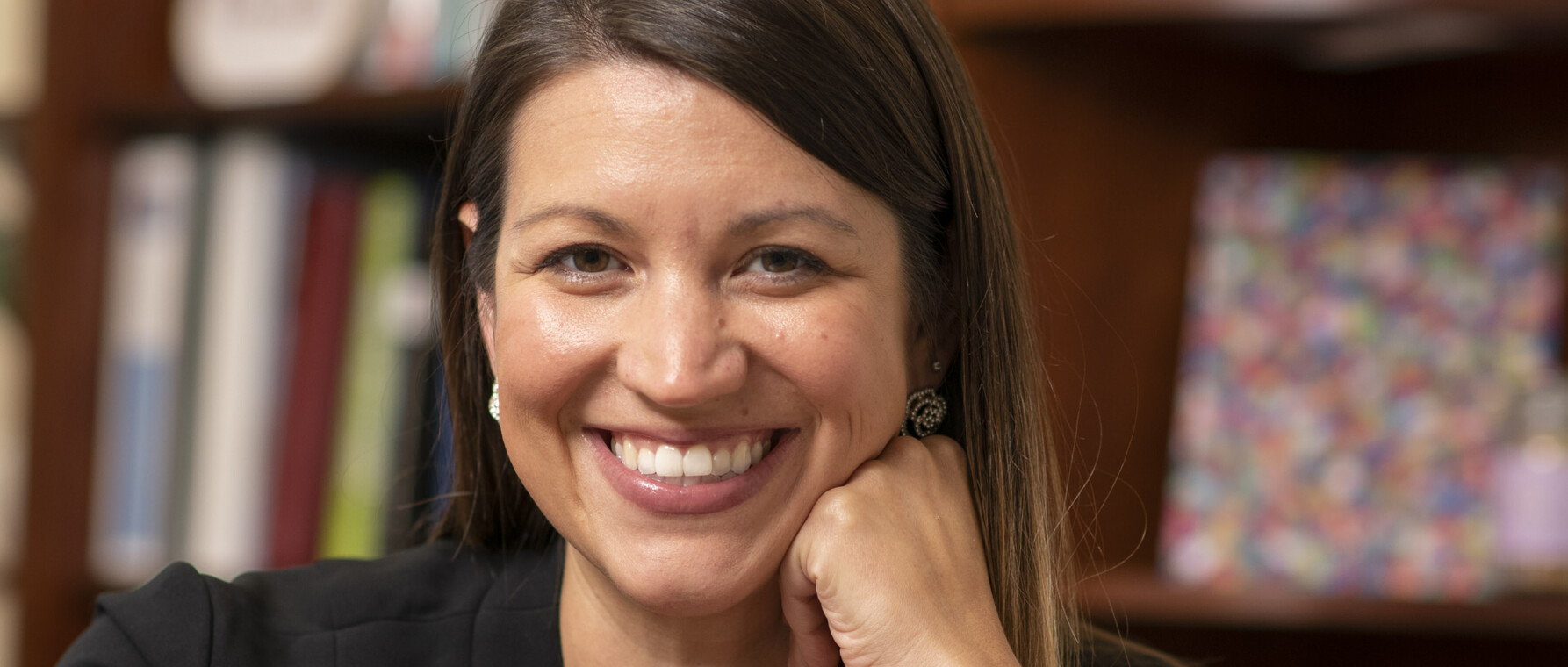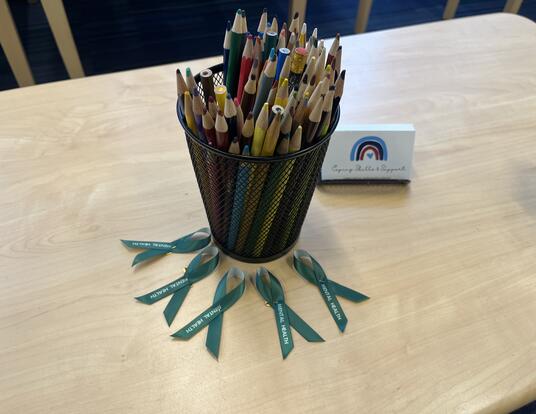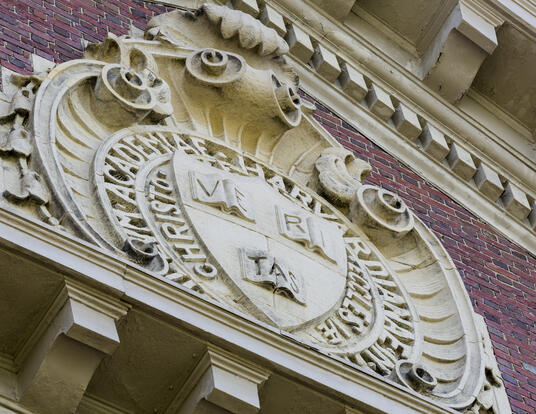B-2 B-Well: (Om)Buds of Renewal
Get to know the Harvard Ombuds Office!

This is the time of year when we’re reminded that, although it can be dreary, the damp gray weather brings dormant plants back to life. Similarly, life’s storms can prompt us to reach out for help, connect with others, and expand our web of support in ways that lead to our own renewal. An important strand in that web for GSAS students is the Harvard Ombuds Office.

You may have heard the term “ombudsman” before, but never really understood their role or what they offered. To give you the lowdown, we spoke this month with the team of the Harvard Ombuds Office: Melissa Brodrick and Justin Neiman—who primarily serve the Longwood area—and our two new Cambridge Ombuds, Adam Barak Kleinberger and Colette Carmouche. Melissa is also director of the Harvard Ombuds Office and oversees the Longwood site while Adam oversees the Cambridge site. Robin Cheung (Longwood) and Jude Heichelbech (Cambridge) round out the team with their administrative support.
B-2 B-Well: What is an ombudsperson?
Justin Neiman: The word ombudsman is a Scandinavian word used during the 19th century to designate a public official appointed to investigate citizens’ complaints against governmental agencies. Here at Harvard, organizational ombuds serve as impartial dispute resolution practitioners who provide an informal forum in which to talk about issues, define goals, and consider options to resolve concerns affecting one’s work or academic experience. ombuds also give feedback to leadership about systemic concerns.
B-2 B-Well: What is your role in supporting students?
Melissa Brodrick: Many students work with an ombuds when they are looking for a confidential, impartial, independent, and informal forum to discuss an issue or concern they may be experiencing at Harvard. We are there to listen and discuss a range of different options available depending on what the student we are working with is looking for. The student makes their own best choices about what, if any, options they may want to explore.
Sometimes students come in and just want to talk. Sometimes they want coaching on how to have a difficult conversation with another student or a professor or roommate. Sometimes we facilitate conversations between two people or a group. We also educate students about relevant policies and procedures or other resources that may be helpful to them.
B-2 B-Well: How do your services differ from other mental health or conflict resolution services?
Adam Barak Kleinberger: We are not a mental health resource, but we are very familiar with the resources available to the Harvard community and can help direct students to one that can assist them. We also talk with lots of students who may be feeling non-clinical levels of anxiety or vulnerability or anger. Speaking with an ombuds can help them regain their balance. Also, while other offices providing conflict resolution services have a specific focus of support—for example, the Office for Dispute Resolution addresses sexual and gender-based misconduct complaints—a student can bring any issue affecting their work or studies to the ombuds Office. We often refer students to the Office of Student Services and vice versa too!
B-2 B-Well: What does “confidential” really mean?
Colette Carmouche: The only thing we have to report is imminent safety concerns. Beyond that, we can maintain the confidentiality of our visitors to our office for all matters, including Title IX-related concerns.
B-2 B-Well: What other kinds of concerns do students normally bring to you?
Colette Carmouche: Visitors can bring any issue affecting their work or academic studies, so we hear from students about a wide range of concerns. Some areas we frequently hear about are related to interpersonal dynamics with peers or advisers, concerns about fair treatment and policies, and research or authorship conflicts.
B-2 B-Well: How do students typically connect to your office?
Melissa Brodrick: Students can contact the Cambridge and Longwood sites directly in several ways all found on our website. Meetings typically take place via Zoom or phone. Appointments are also available in person on request and will become more frequently available as we anticipate offering more office hours in the months ahead.
A Last Word from Danielle
If the rain ever gets a bit too heavy for you this spring—or anytime—remember to nurture your wellness wheel and connect with the resources that GSAS has to offer: myself or Keenan, the Harvard Ombuds Office, Counseling and Mental Health Services, Harvard Chaplains, the Office for Gender Equity, and many more. Staff at Harvard and beyond are here to support you and hear your concerns, no matter how large or small they may be. Stay connected, visit us in B-2, and B-well!
Photo by Tony Rinaldo
Get the Latest Updates
Join Our Newsletter
Subscribe to Colloquy Podcast
Simplecast





